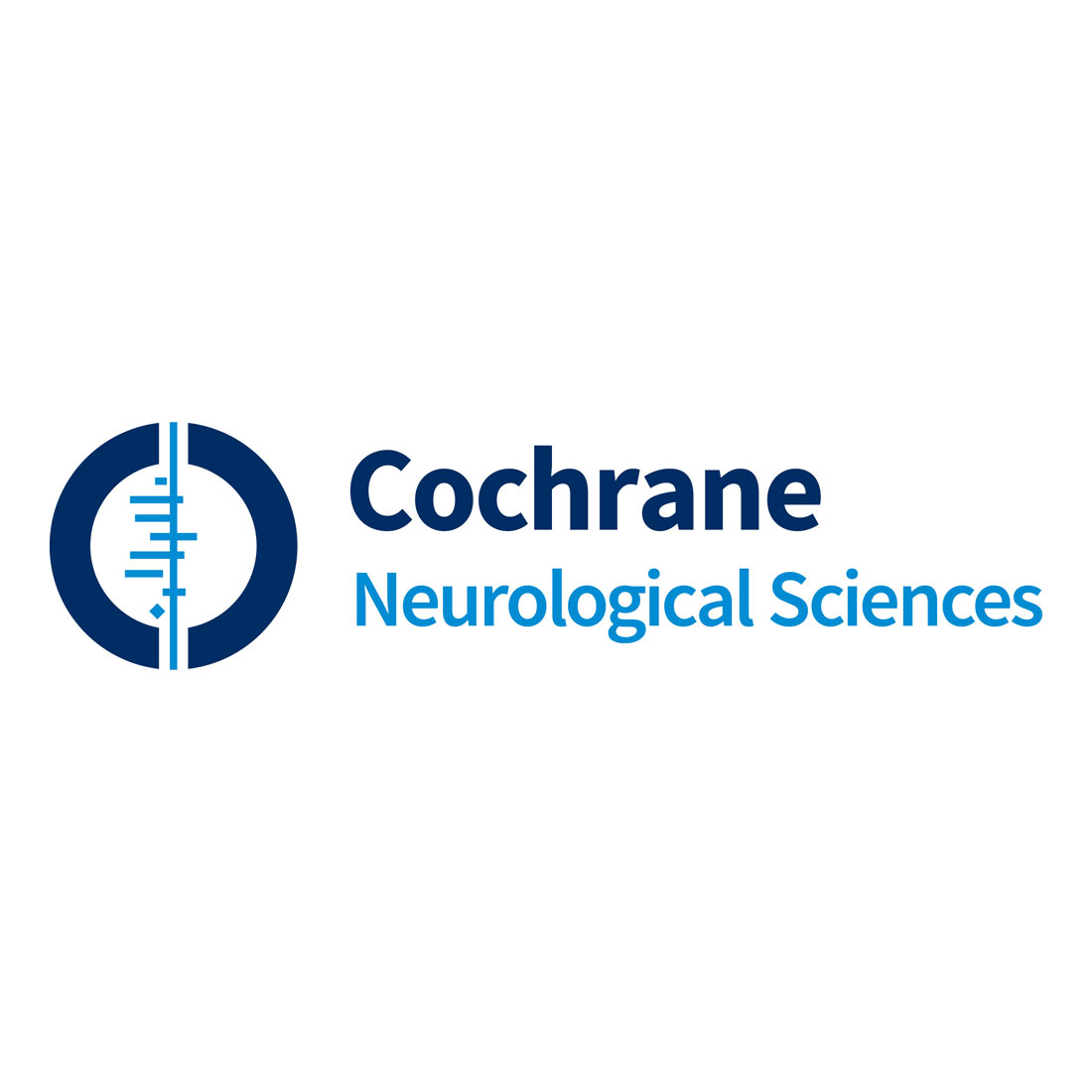
by cristiano | Oct 17, 2018
Orthostatic hypotension is defined as a reduction in systolic pressure higher than 20 mm Hg or in diastolic pressure higher than 10 mm Hg compared to supine (horizontal position) after 3 minutes of standing (standing position) This condition is not always poorly...

by cristiano | Oct 17, 2018
The loss of consciousness must be adequately witnessed, or the patient must be able to state that for a certain interval of time he has not perceived himself or the surrounding environment; it is common that the diction loss of consciousness is used inappropriately to...

by cristiano | Oct 17, 2018
Amyloid PET is not a diagnostic test for Alzheimer’s disease but rather an index of cerebral amyloidosis, and may be positive in other forms of dementia (i.e. dementia with Lewy bodies), and in asymptomatic subjects. Furthermore, the accuracy of this exam decreases...

by cristiano | Oct 17, 2018
FDG-PET imaging investigates brain glucose hypometabolism. When clinical and neuropsychological assessment, laboratory tests and basic neuroimaging adequately support dementia diagnosis and aetiology, further exams provide inconsistent diagnostic benefits. On the...

by cristiano | Oct 17, 2018
Older adults have increased sensitivity to benzodiazepines and other hypnotics and decreased drug metabolism. In general, all benzodiazepines increase risk of cognitive impairment, delirium, falls, fractures and motor vehicle accidents, leading to hospitalization and...








Recent Comments